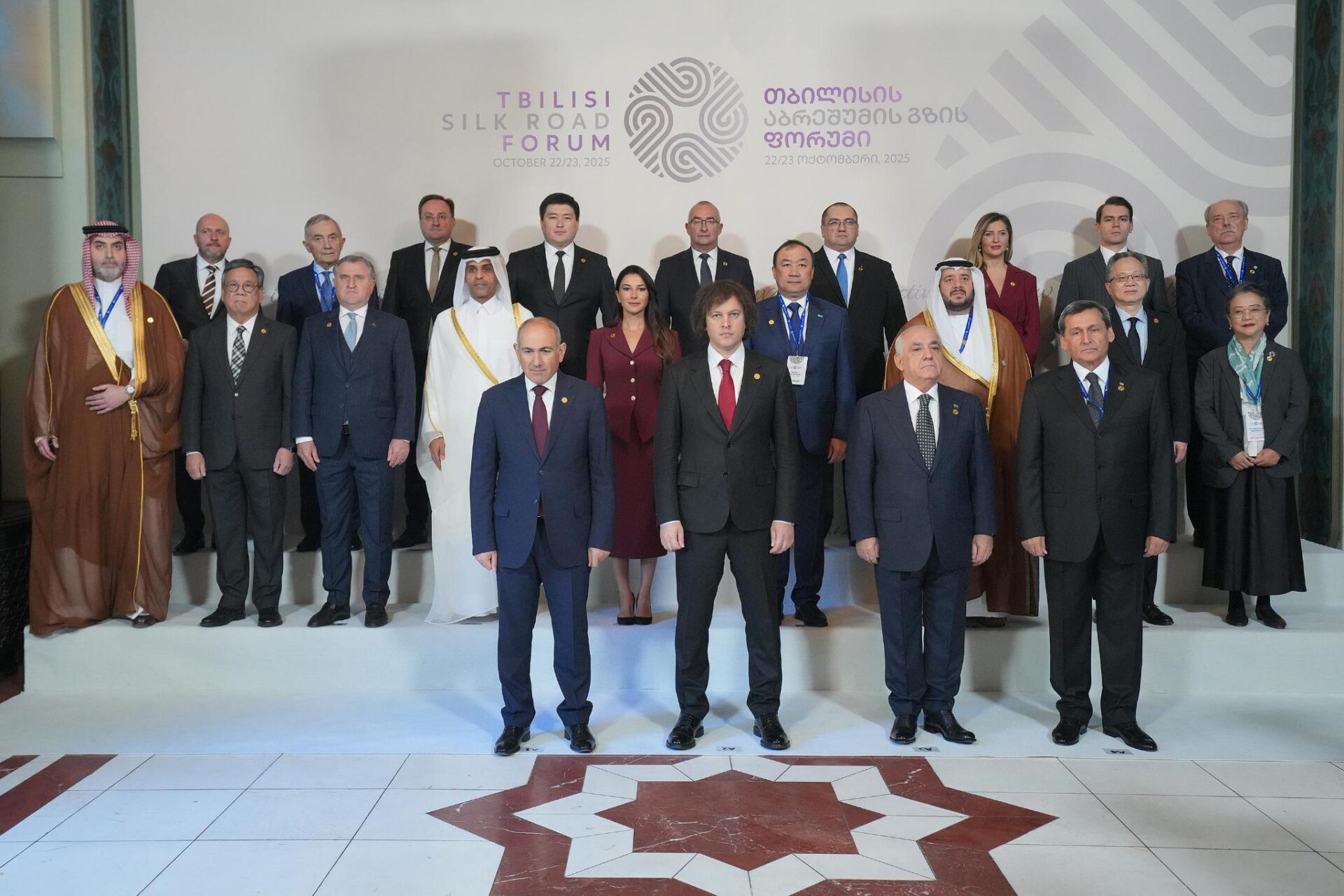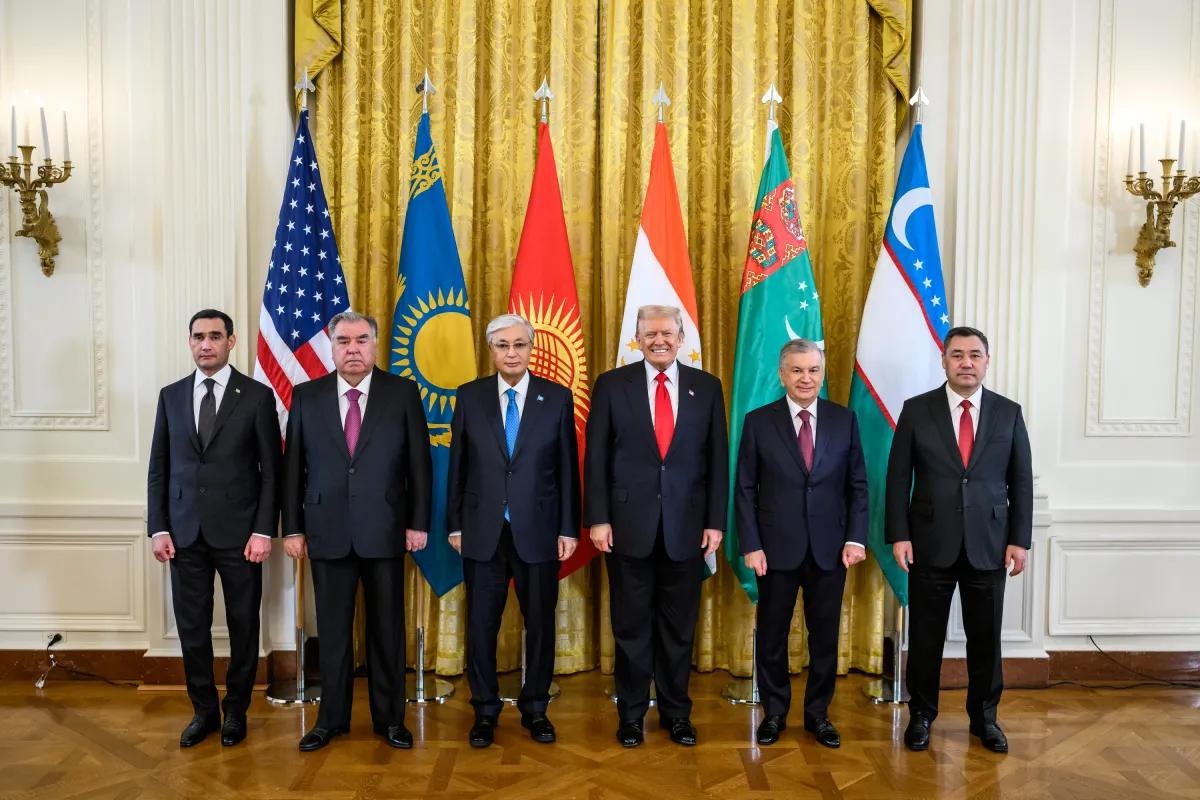GAZPROM’S CRISIS OF OVERGROWTH
GAZPROM’S CRISIS OF OVERGROWTH
Gazprom, Russia’s almighty monopoly producer, distributor, and exporter of natural gas, is in serious trouble. Its directors’ meeting on January 26 was expected to reveal the bitter disagreements about the current budget and investment program that have been smoldering since last autumn (Gazeta.ru, January 26). These expectations, however, were disappointed. Alexei Miller, the company’s chief executive, was unable to attend the meeting due to a short-notice trip to Iran, and in his absence the hastily drafted documents were merely presented for further consideration (Vremya novostei, January 27). The unresolved drama of taking over Rosneft and legalizing the scandalous acquisition of Yuganskneftegaz, confiscated from the stubbornly defiant Yukos, have been postponed to March or even later.
For the general public, Gazprom has released a statement on its achievements in 2004, presenting itself as “an efficient and dynamic gas company with a stable financial situation and significant growth potential” (polit.ru, January 26). The market, nevertheless, remained unimpressed with the record-high export earnings and the jump in the company’s capitalization, so share values slipped slightly, remaining significantly lower than the late-November 2004 peak (Vremya novostei, January 26). It is not the export prospects that the investors are worried about and probably not even the plans for a gradual increase in domestic prices that are put in doubt because of the ongoing revolt of the pensioners (Kommersant, January 27). The key issue is the proven inability of the management to adopt a consistent and comprehensible strategy for Gazprom’s development, which, in principle, should be an advantage of large state-owned companies.
The present-day mess in Gazprom’s agenda questions the very meaning of state ownership. One part of the problem is the composition of the controlling package of shares that was carefully dispersed by the previous CEO, Rem Vyakhirev, who ruled Gazprom as his private domain with the backing of former prime minister Viktor Chernomyrdin. Miller deserves much credit for consolidating this package, and the “friendly takeover” of Rosneft was supposed to be the final step in this direction, making it possible to invite foreign investors to increase their minority shareholders’ portfolios. As recently as January 19, Miller insisted that this plan for “liberalization” (a rather questionable term in this context) remained valid (Gazeta.ru, January 19). He cannot provide any explanation, however, for accepting responsibility for Rosneft’s tremendous debt related to the purchase of Yuganskneftegaz and, indeed, for handling this tainted asset. Quite probably, he has never fancied this deal, labeled by Andrei Illarionov as “the swindle of the year,” but he now has to deal with the consequences.
The fact of the matter is that for Gazprom, “state ownership” means an escalating struggle among three groups pulling this behemoth of a company in different directions. One group represents the government, or more precisely, the liberal wing of the government led by Minister of Economic Development and Trade German Gref, since Prime Minister Mikhail Fradkov cautiously stays clear of this clash. Gref desperately insists on reforming Gazprom and splitting this monopoly into independent elements open to competition (Gazeta.ru, December 17). The second group consists mainly of Gazprom’s management and is led by Miller with backing from the head of the presidential administration, Dmitry Medvedev. They see no need for radical reforms and are keen to continue business as usual with some new acquisitions, perhaps in the energy production sector (Kommersant, December 9). The third group is formally led by Sergei Bogdanchikov, CEO of Rosneft, with real leadership provided by Viktor Sechin, deputy head of the presidential administration and the principal driving force behind Yukos’ dismemberment. They are outsiders but still are able to prevail in the crucial decisions not only because of Sechin’s closeness to Russian President Vladimir Putin, but primarily because their business strategy fits better into the dominant political ideology.
Centralized control and personalized executive power unrestrained by any checks or balances are the key notions in this ideology, so competition and diversification become suspicious concepts with no proper roots in Russian tradition. Forget Marx with his economic basis; it is the political logic that rules, as well as acquisitions and mergers, are merely a continuation of politics by other means. Privately owned and transparent Yukos was a symbol of a different political era, but now the mighty Gazprom should symbolize the drive and discipline of Putin’s Russia. Unfortunately, in real terms it demonstrates all too clearly its very different features: inefficiency, corrupt insider deals, intrigue instead of strategy, and stagnation.
Feeling vulnerable to any real competition, Gazprom aggressively expands on the external market, seeking to make sure that Europe remains dependent upon the stream of Russian gas. Germany, in particular, has shown an eagerness to accommodate the interests of this irreplaceable supplier (Gazeta.ru, December 20). The mid-term prospects of this dependency are worrisome, since Gazprom consistently fails to develop a cost-efficient strategy for replacing its dwindling production at Urengoi and Yamburg with new high-investment projects in Yamal and Shtockman fields. As political horizons shrink, long-term economic plans become all but meaningless, and after Yukos, it is indeed too late to bother about the company’s business reputation. Putin’s regime has shown a propensity for inadequate reaction to crisis situations and, as its power base erodes, Gazprom could become its political weapon of last resort.


